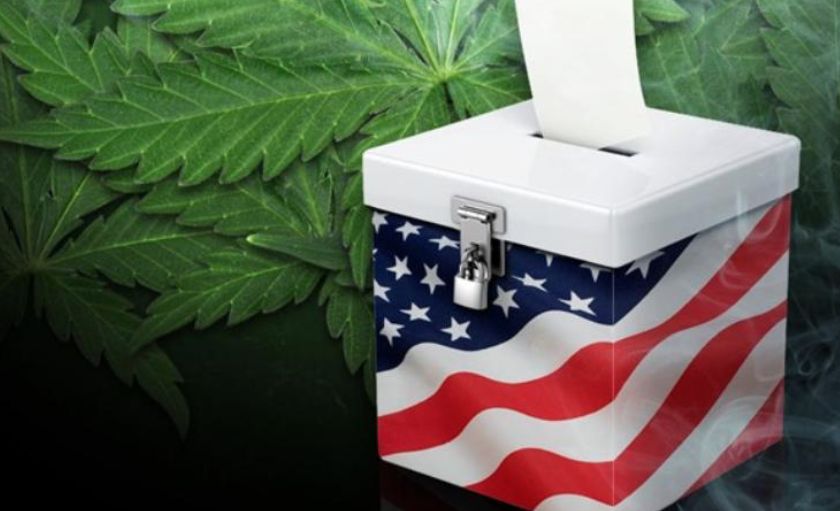Michigan may get rid of past cannabis criminal records if legalization passes
Thor Benson / Cannabis News Box Contributor
A bill that was recently introduced in Michigan would expunge criminal records of people who have been charged with cannabis-related crimes if legalization is approved by voters in November. Democrat Rep. Sheldon Neeley introduced the bill, and he thinks doing this is the right thing to do.
“I hope we will listen to the will of the people. If the November vote is loud and clear, we should take a good look at it and balance the playing field on the usage of marijuana in the state of Michigan,” he said. “We definitely don’t want people to have a criminal record for a nonviolent crime that is now legal if it passes in November.”
Cannabis advocates have long argued that it is unfair to make cannabis legal without aiding those who were punished while it was still illegal. Minorities are disproportionately represented among people with cannabis-related criminal records, so there’s a racial justice aspect to this, too.
“It’s been widely reported that African Americans are three times more likely to be arrested for marijuana crimes than whites so there is absolutely a social justice aspect to legalization that should be considered,” Josh Hovey, communications director for Michigan’s Coalition to Regulate Marijuana Like Alcohol, told Cannabis News Box.
Hovey said legalization is gaining approval in Michigan and is relatively popular at the moment. That said, he said there is a significant campaign to prevent legalization from passing. “We know we will have to keep working hard to counter the prohibitionists who are already actively trying to scare voters into opposing legalization,” he said.
The current legalization initiative on the ballot does not include expunging criminal records, so Hovey said that would be the “next logical step” after legalization passes. He said the state’s constitution doesn’t allow you to include two separate issues, like legalization and expunging records, in one initiative, so they couldn’t do it that way.
“So many people have either had friends or family members who have gotten into trouble for marijuana—a plant that is proven to be less dangerous and less addictive than either alcohol or tobacco,” Hovey said. “This plant should never have been illegal in the first place yet people convicted of even petty marijuana offenses have been denied employment, student loans, and many other opportunities. Voting yes on legalization will help put an end to that injustice.”










